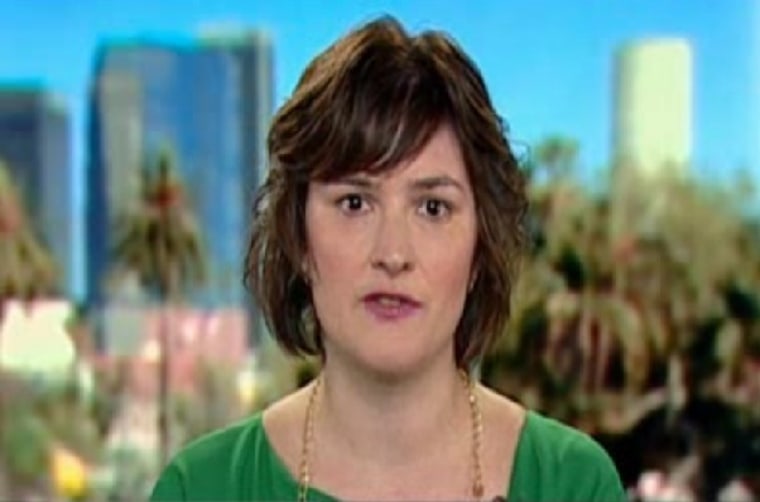Womens’ rights advocate Sandra Fluke is calling the Obama administration’s compromise allowing religious institutions an exemption from the Affordable Care Act “another step” in the process of women having easier access to birth control. “It meets the important criteria of women having access to the health care that they need and not infringing on any potential religious concerns,” she told NewsNation’s Tamron Hall.
The Department of Health and Human Services announced Friday that employers who wish to be filed under the exception will now need to prove they are non-profits and that religion is a core component of their mission. This reduces the number of requirements employers must meet from four to one. Employees enrolled in these plans are eligible to receive coverage through “separate individual health insurance policies” that won’t increase their premiums.
Read more about the proposal’s details here.
Last year, Fluke, a recent Georgetown Law School graduate, was criticized by right-wing talk show hosts after she testified in front of House Democrats that health insurance plans should have a mandate to cover contraceptives.
Initial response to the proposal from the U.S. Conference of Catholic Bishops was quiet, but The Becket Fund For Religious Liberty released a statement saying:
"Today’s proposed rule does nothing to protect the religious freedom of millions of Americans. For instance, it does nothing to protect the rights of family businesses like Hobby Lobby. The administration obviously realizes that the HHS mandate puts constitutional rights at risk.”
Fluke said those still objected to the rule have “very extreme ideas about religious freedom and employee health care in this country.”
“What it’s important to note is that some of the folks who are continuing to object to this policy are actually worried about employers who are private companies, not religiously-affiliated employers in any way, but the boss has a particular religious concern and they want to be able to deny their employees particular types of health care. “
The New York Times has reported on several lawsuits from private, non-religious employers still challenging the mandate, and noted that these cases could one day fall before the U.S. Supreme Court.
